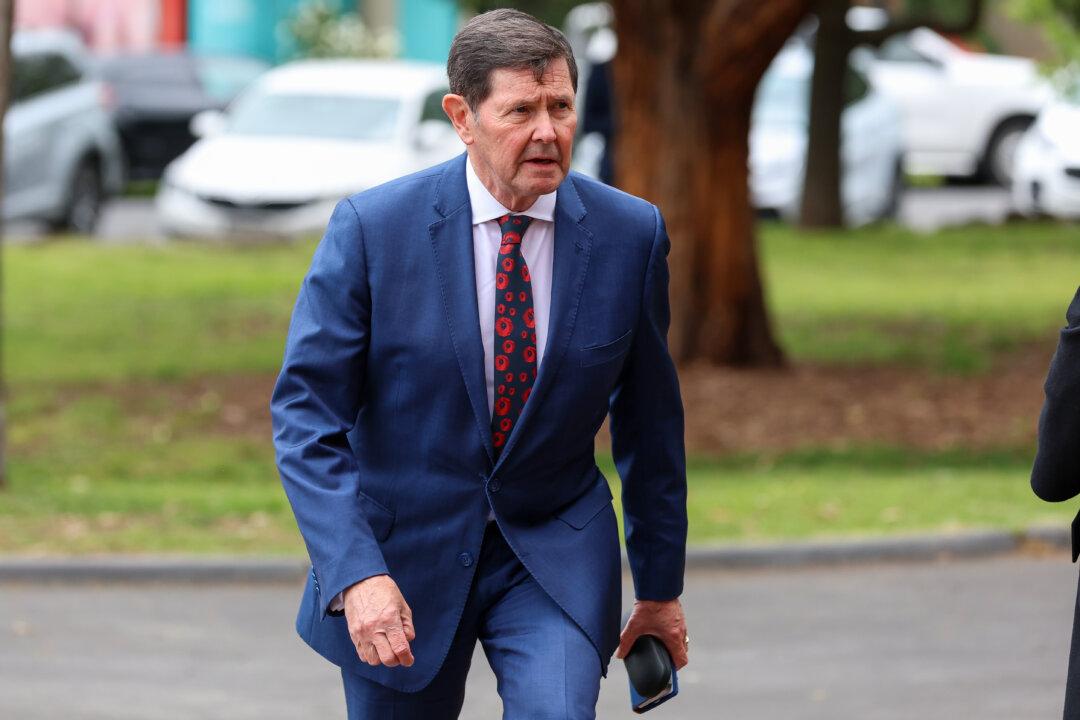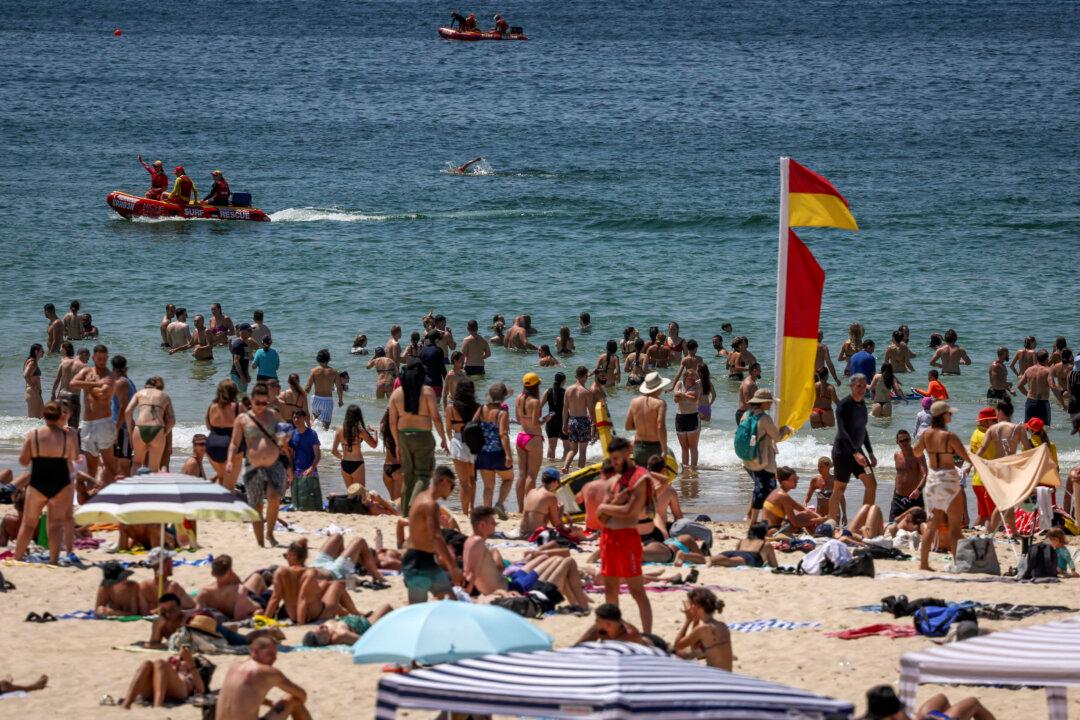Australia will host a clean energy summit next year under the Quad umbrella and take a bigger role in the supply of critical minerals in the Indo-Pacific region, Prime Minister Scott Morrison has said.
Morrison was speaking outside the White House at the end of the first in-person meeting of the leaders of Australia, the United States, India, and Japan which make up the Quadrilateral Security Dialogue.
The gathering of the four major democracies was being closely observed by China, which earlier this week said it was “doomed to fail.”
Morrison said he and U.S. President Joe Biden were “on the same page” on China, which has been steadily increasing its military and political influence in the Indo-Pacific region to the alarm of the United States and others.
“What we talked about today is how we achieve a free and open Indo-Pacific and the way you do that is that countries like Australia and India and the United States and Japan, we stand up for the values that we believe in,” Morrison told reporters in Washington.
“We resist any suggestion or any pressure that would come on any of us to be anything different to what we are, and we want that opportunity for all countries in the Indo-Pacific.”
On the planned climate summit to be held in Australia in 2022, Morrison said it would be an “applied summit” focusing on expert research and technology.
It aims to deliver a roadmap to transfer scientific knowledge on clean energy to countries in the Indo-Pacific.
“This is about ... pulling together a very clear work program as to how clean energy supply chains can be built up,” Morrison said, without giving more details.
In tandem, the Quad leaders recognised the role a resource-rich Australia can play in the supply of critical minerals to support energy and other technologies.
“We are really good at digging stuff up in Australia and making sure it can fuel the rest of the world when it comes to the new energy economy,” Morrison said.
According to Geoscience Australia, critical minerals are metals and non-metals that are considered vital for the economic well-being of the world’s major and emerging economies, yet their supply is deemed “at risk” due to “geological scarcity, geopolitical issues, trade policy or other factors.”
They are used in the manufacture of semiconductors, mobile phones, flat-screen monitors, wind turbines, electric cars, solar panels, and many other high-tech products, including defence equipment.
Morrison was speaking ahead of the release of the official Quad communique, and before he leaves the United States to head back to Australia.
Morrison, Biden, Japanese Prime Minister Yoshihide Suga, and Indian Prime Minister Narendra Modi also discussed the supply and delivery of more than one billion COVID-19 vaccine doses for developing Indo-Pacific countries.
This builds on talks at the last meeting of Quad leaders in March, which was held online.
As part of their discussions on regional security issues, the leaders underlined their support for people trying to leave Afghanistan following the Taliban takeover of the country and the departure of U.S. troops after 20 years.
Morrison said the Quad, including Australia, wanted to help as many people as possible under their humanitarian programs.
“We want to be able to facilitate that,” he said without giving further details.





